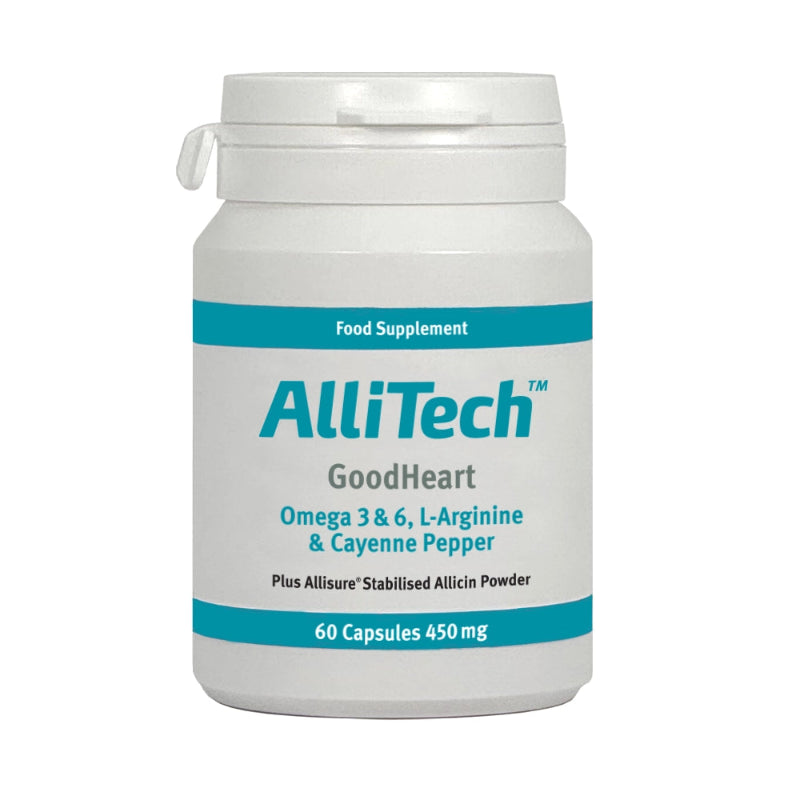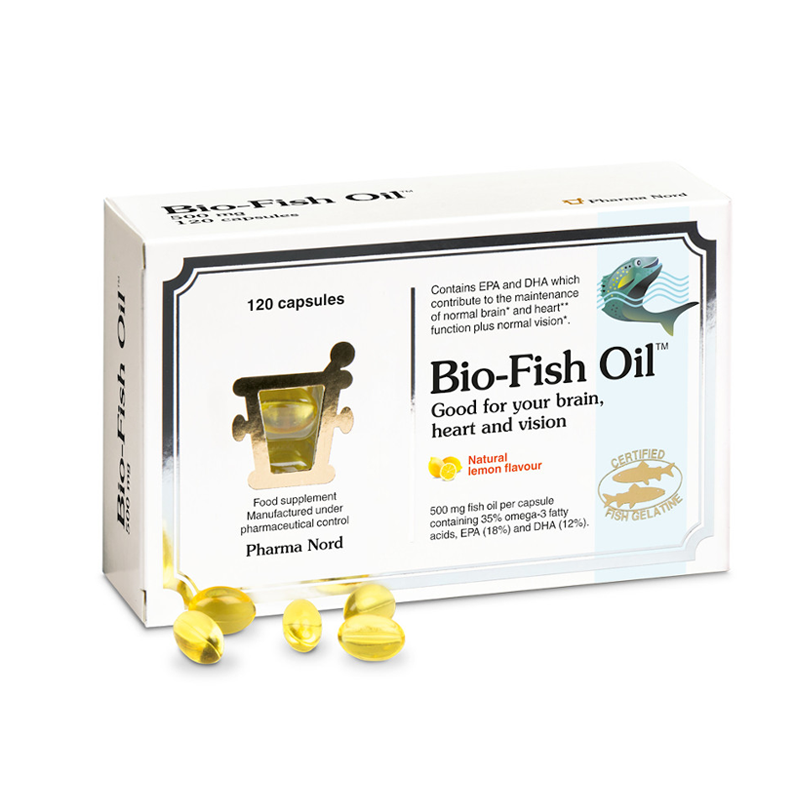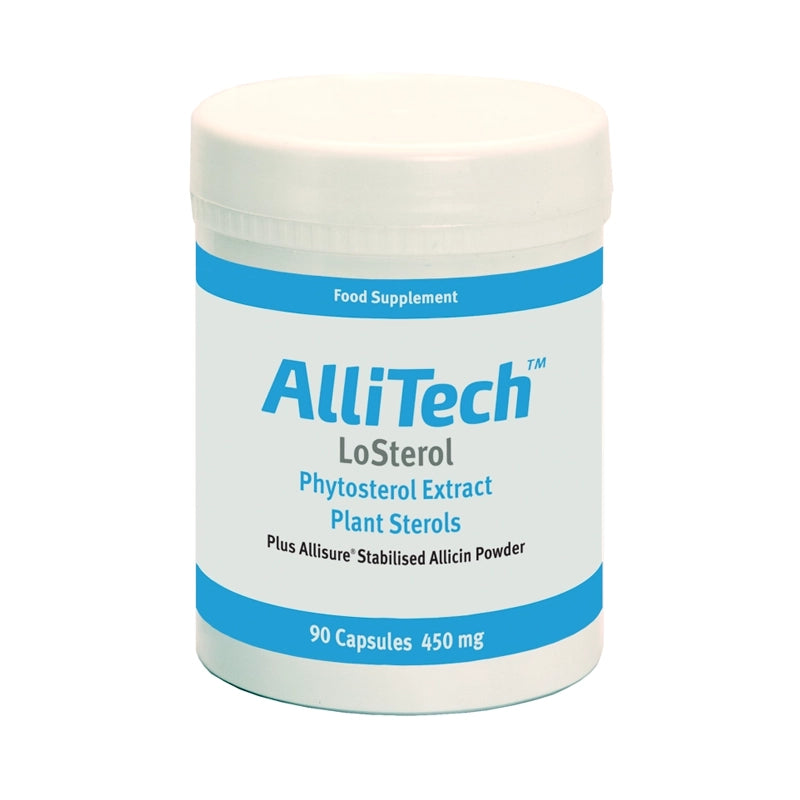Heart Health
Managing cholesterol and blood pressure for a healthier heart
Learn how lifestyle changes, nutrition and natural support can help reduce your risk of heart disease and stroke.





What is coronary heart disease?
What is atherosclerosis?
Frequently Asked Questions
Can lifestyle changes really make a difference to heart health?
Yes. Up to 80% of cardiovascular disease cases are preventable through diet, exercise, stopping smoking, maintaining a healthy weight, and reducing alcohol intake. Even small changes can lower cholesterol, blood pressure, and overall risk.
How much alcohol is considered “within guidelines”?
The NHS recommends a maximum of 14 units per week, spread over three or more days. Regularly exceeding this can increase your risk of high blood pressure, obesity, and heart disease.
What foods are best for supporting a healthy heart?
A diet rich in vegetables, fruits, whole grains, legumes, nuts, and oily fish is best. Replacing saturated fats with healthy unsaturated fats (such as olive oil and omega-3s) can improve cholesterol levels and reduce inflammation.
Can I take supplements alongside prescription heart medications?
Some supplements, such as Q10, omega-3 fish oil, or AlliTech LoSterol, may support heart health, but always consult your GP or pharmacist before combining supplements with prescription medication.
When should I seek urgent medical help for heart symptoms?
If you experience sudden chest pain, shortness of breath, weakness on one side, vision changes, or slurred speech, call 999 immediately, as these could be signs of a heart attack or stroke.








